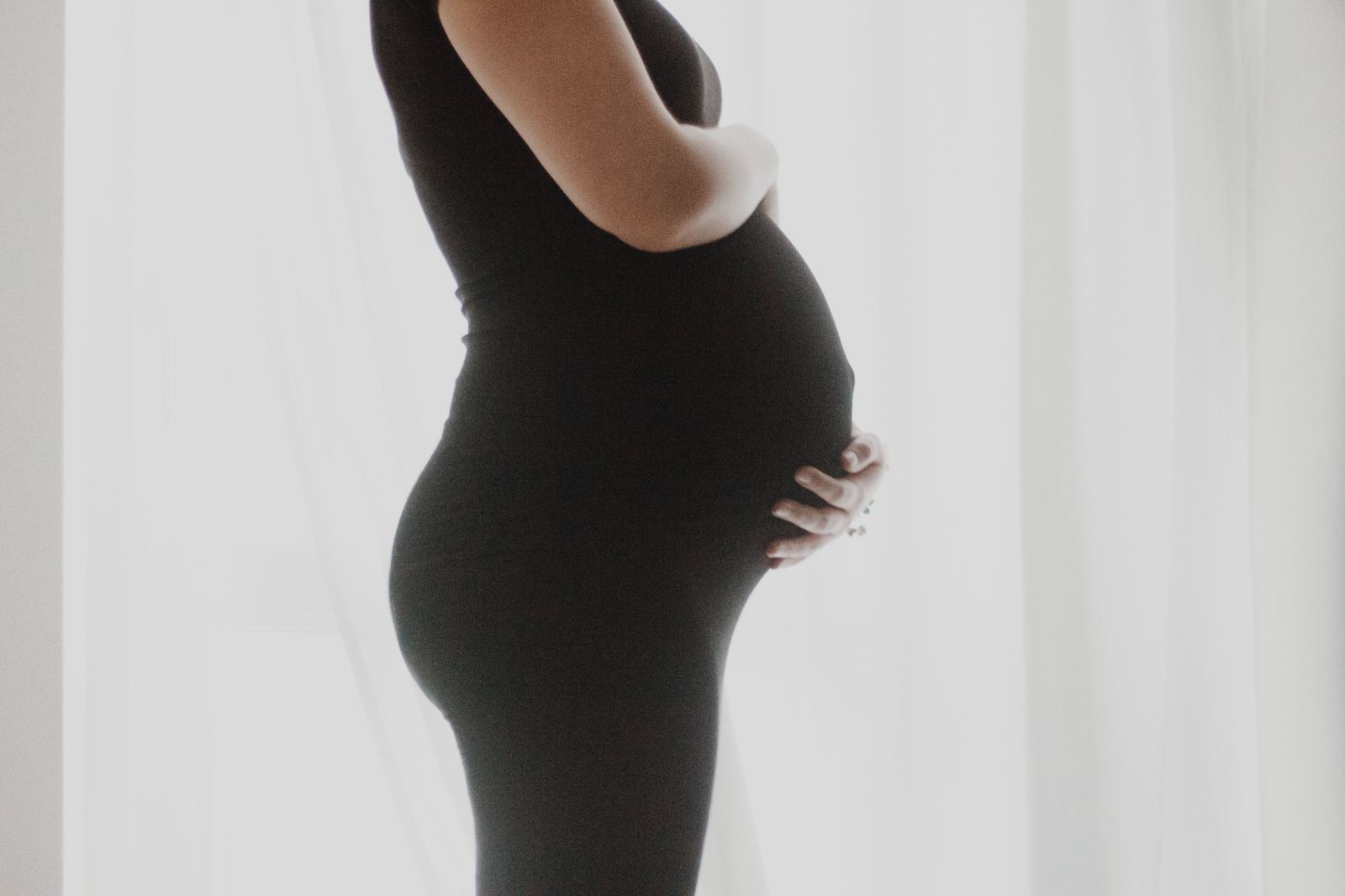
Yay!
You are all set. The 20% offer has been sent to your email.
Something went wrong.
Please refresh the page and try subscribing again.
* Discount valid on Monica + Andy apparel product. Nursery, Registry, gift cards, embroidery, virtual classes, and specialty items are not eligible. Other restrictions apply.
* After signing up, you will receive a unique discount code via text. Discount valid on Monica + Andy apparel product. This offer cannot be combined with promotions or discounts. Nursery, Registry, gift cards, embroidery, virtual classes, and specialty items are not eligible. Other restrictions apply.
The softest organic clothes ever.
Important Gift Wrap Notice: To ensure that your order is gift wrapped, please continue through Checkout and pay with a credit or debit card. We will be unable to process Gift Wrap with your order if you select a 3rd party payment option (e.g. Amazon Pay, Paypal, Shop Pay and Affirm). Also note that third party items ship directly from our partners and will not be gift wrapped. If you have any questions regarding Gift Wrap, please use our support chat or email storks@monicaandandy.com.
For plenty of women, growing a bump is anything but blissful—between symptoms like nausea and back pain, crazy hormone activity, and the stress and unknowns of delivery, pregnancy can feel like more of a nailbiter than a nine-month joyride. But for up to 15 percent of women, pregnancy is packaged with full-blown anxiety and depression, says Carly Snyder, MD, a reproductive and perinatal psychiatrist based in NYC. What’s worse: only a third of those women seek help. Why do the majority of those suffering skip treatment, and what kind of an effect can depression and anxiety have on your baby? Read on.
“Many women express a sense of failure in experiencing depression and anxiety during pregnancy, as if they are somehow letting their baby-to-be down,” says Snyder. They feel guilty for needing treatment and worry about the negative impact taking medicine might have on their baby. (Snyder says studies have found that in cases of moderate to severe depression or anxiety, the risk of treatment with antidepressants like SSRI's is less than the risk of failure to treat the mood disorder.) Feeling better is paramount, not only for mom’s health, but for the health of the baby, she says. “It’s a symbiotic relationship: mom must be well for baby to be well.” (In fact, just last month the US Preventative Services Task Force recommended doctors do more to screen for and prevent depression in pregnant and postpartum women by referring them to counseling—a nod to just how dangerous the effects can be for mom and baby.) Here's what's at stake:
No future mama chooses to be depressed—and suffering through those dark days alone, or without help, isn't healthy for mom or baby. 'Every mom deserves the opportunity to appreciate her pregnancy, to fall in love with her baby and connect in the quiet moments alone,' says Synder. Depending on symptoms, the gold standard for treatment is a combo of counseling (individual and group therapy) and/or medications like antidepressants.
Snyder has also had patients find success with complementary therapies like acupuncture, light therapy, better sleep hygiene, diet changes, exercise, and supplementation of certain vitamins like Vitamin D and folate. All that said, the first move if you're feeling depressed or anxious during pregnancy is to ask for help: Don't hesitate to chat with your doctor. Postpartum Support International has a hotline and loads of other online resources for struggling mamas.

You are all set. The 20% offer has been sent to your email.
Please refresh the page and try subscribing again.
*Offer does not apply to previous orders. Select items only. Offer is not eligible on nursery items, jewelry, gift cards, embroidery or classes. Offer cannot be combined with any other codes or discounts. Offer ends at 11:59 PM PT on 12/31/2020.
